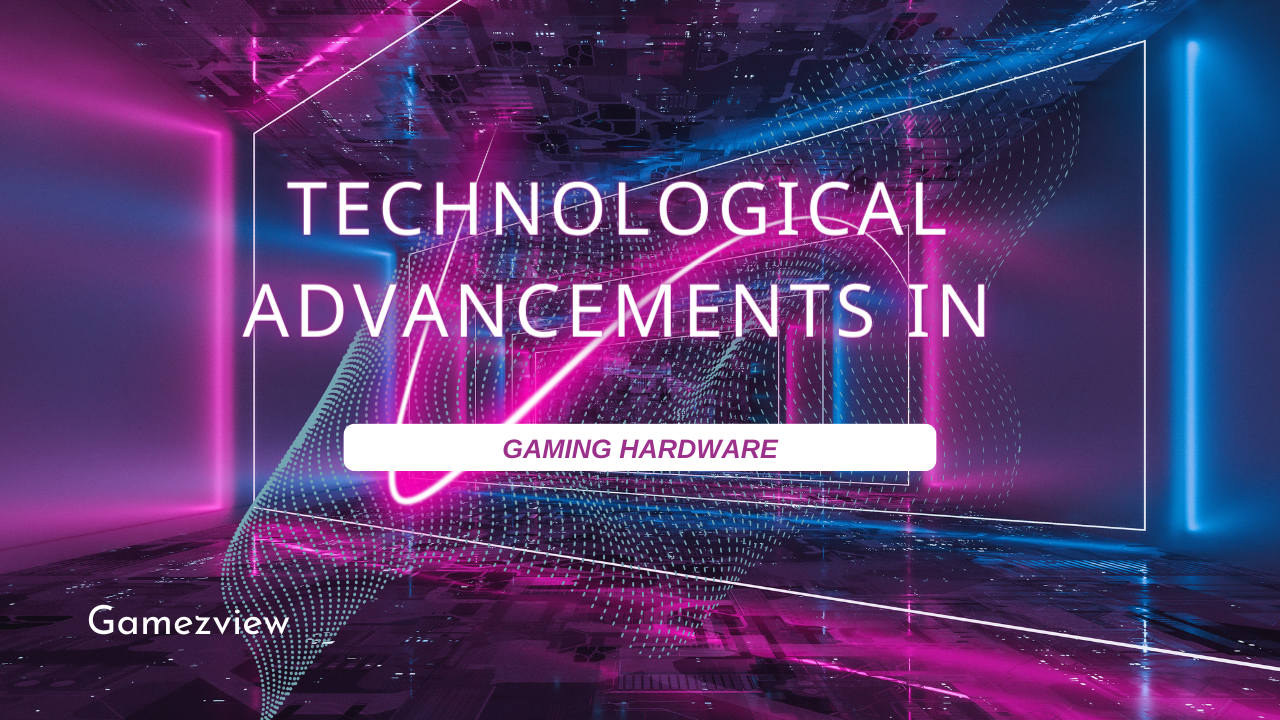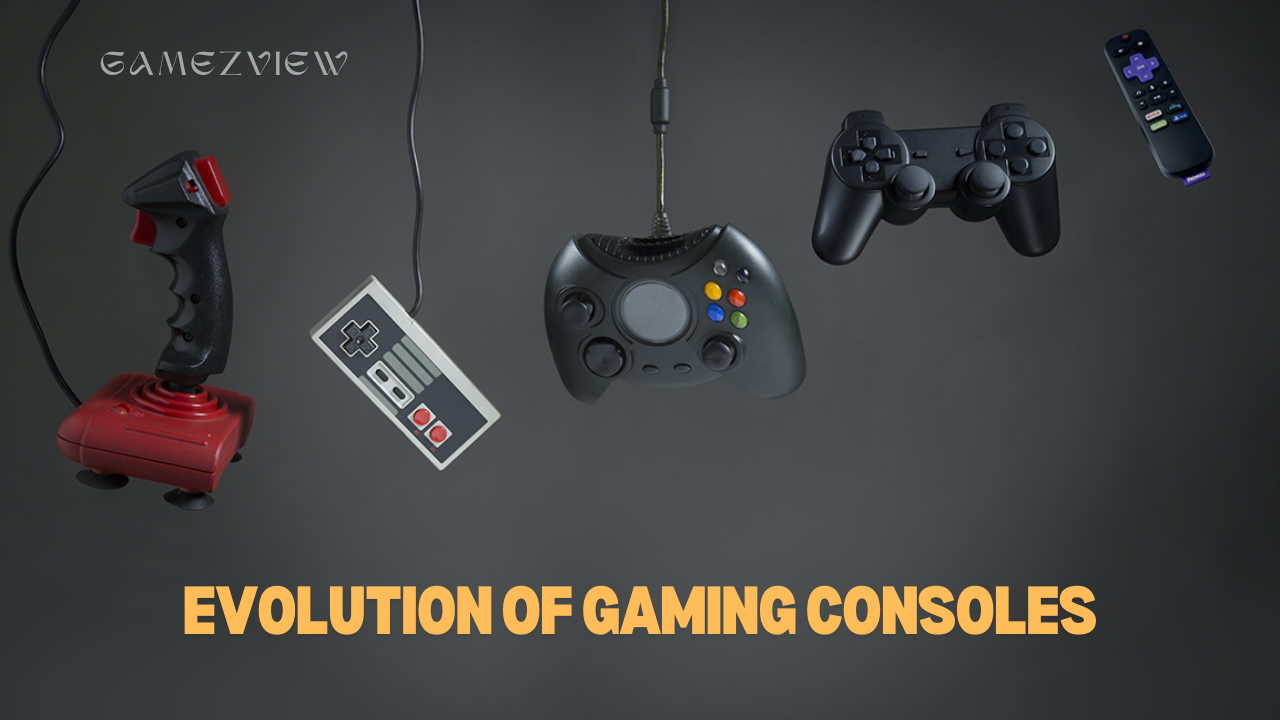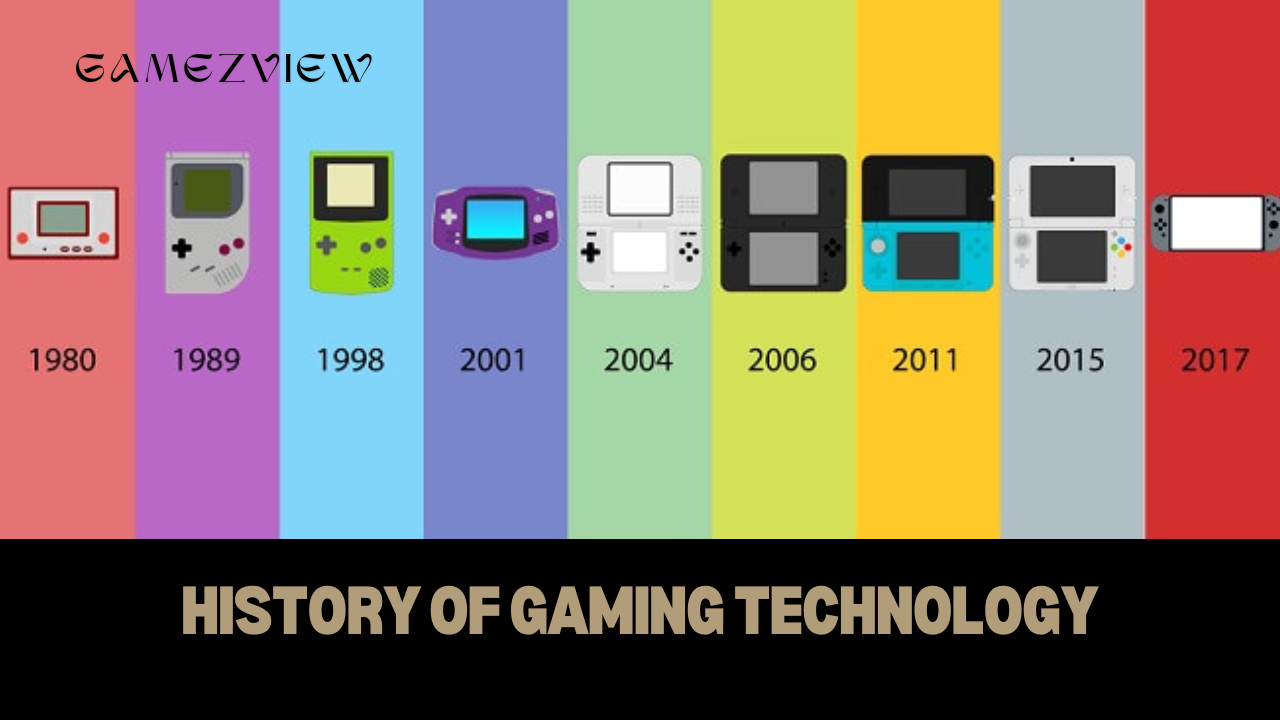The gaming industry has witnessed remarkable technological advancements in hardware, revolutionizing the gaming experience for millions of players worldwide. From powerful processors and graphics cards to immersive peripherals and innovative input devices, gaming hardware continues to push the boundaries of innovation and redefine what is possible in gaming. This article explores some of the most significant technological advancements in gaming hardware and their impact on the gaming landscape.
Evolution of Graphics Processing Units (GPUs)
Graphics Processing Units (GPUs) have undergone significant evolution, transitioning from basic rendering devices to powerful parallel processors capable of delivering stunning visuals and realistic simulations. Advancements in GPU architecture, such as NVIDIA’s CUDA cores and AMD’s RDNA architecture, have enabled developers to create visually immersive gaming experiences with high-fidelity graphics, dynamic lighting, and lifelike animations.
High-Performance Central Processing Units (CPUs)
Central Processing Units (CPUs) play a crucial role in gaming hardware, handling complex calculations, artificial intelligence algorithms, and physics simulations. The advent of multi-core processors, hyper-threading technology, and advanced cache architectures has significantly improved CPU performance, reducing latency and enhancing overall gaming responsiveness. High-performance CPUs enable smoother gameplay, faster loading times, and seamless multitasking experiences for gamers.
Solid-State Drives (SSDs) for Faster Loading Times
Solid-state drives (SSDs) have emerged as a game-changer in gaming hardware, offering faster data access speeds, quicker boot times, and reduced loading times for games and applications. Unlike traditional Hard Disk Drives (HDDs), which rely on mechanical spinning disks, SSDs use flash memory technology to store data, resulting in significantly lower latency and faster read/write speeds. SSDs enhance gaming experiences by minimizing wait times and optimizing performance, especially in open-world games with large, dynamically loaded environments.
Ray Tracing Technology for Realistic Visuals
Ray tracing technology represents a significant leap forward in gaming graphics, simulating the behaviour of light rays in real-time to create stunningly realistic visuals with accurate reflections, shadows, and global illumination effects. NVIDIA’s RTX technology and AMD’s ray tracing implementations enable developers to achieve cinematic-quality graphics in games, enhancing immersion and visual fidelity. Ray tracing technology represents a paradigm shift in gaming graphics, ushering in a new era of photorealistic gaming experiences.
Immersive Audio Technologies
Audio technologies play a crucial role in creating immersive gaming experiences, enhancing spatial awareness, and heightening immersion. Advanced audio processing algorithms, such as Dolby Atmos and DTS
, deliver positional audio cues, realistic soundscapes, and 3D audio effects that enhance gameplay immersion and situational awareness. High-fidelity audio hardware, including gaming headsets with surround sound capabilities and soundbars with virtual surround processing, further elevates the audio experience for gamers.
Virtual Reality (VR) and Augmented Reality (AR)
Virtual Reality (VR) and Augmented Reality (AR) technologies represent the pinnacle of immersive gaming experiences, transporting players into virtual worlds and blending digital content with the real environment. VR headsets, motion controllers, and room-scale tracking systems enable players to interact with virtual environments in unprecedented ways, while AR devices overlay digital content onto the real world, creating mixed-reality experiences. As VR and AR hardware evolve, gaming experiences will become more immersive, interactive, and accessible to a broader audience.
Innovative Input Devices and Controllers
Innovative input devices and controllers have redefined how players interact with games, offering intuitive controls, precise input mechanisms, and customizable configurations. From ergonomic gamepads and precision mice to motion-sensing controllers and tactile feedback devices, gaming hardware manufacturers continue to innovate in response to evolving gameplay trends and player preferences. Adaptive controllers and accessibility features also ensure that gaming experiences are inclusive and accessible to players of all abilities.
Cloud Gaming and Streaming Platforms
Cloud gaming and streaming platforms represent a paradigm shift in gaming hardware, allowing players to access high-quality gaming experiences on-demand, without the need for dedicated gaming hardware. By leveraging cloud-based infrastructure and high-speed internet connections.
Integration of Artificial Intelligence (AI) in Gaming Hardware
Artificial Intelligence (AI) is increasingly being integrated into gaming hardware, enhancing gameplay experiences through intelligent algorithms, adaptive gameplay mechanics, and dynamic content generation. AI-powered features, such as procedural generation algorithms, dynamic difficulty adjustment, and intelligent NPCs, add depth, complexity, and unpredictability to games, ensuring that each playthrough is unique and engaging. As AI technologies continue to evolve, gaming hardware will leverage machine learning algorithms and neural networks to deliver more immersive, responsive, and personalized gaming experiences tailored to individual player preferences and skill levels.
Energy-Efficient and Sustainable Design
Energy efficiency and sustainability are becoming priorities in gaming hardware design, driven by concerns about environmental impact and energy consumption. Manufacturers are developing energy-efficient components, optimizing power management systems, and implementing eco-friendly manufacturing processes to reduce carbon footprints and minimize resource consumption. Additionally, initiatives such as hardware recycling programs and eco-certifications ensure that gaming hardware meets stringent environmental standards, promoting a more sustainable gaming industry that minimizes its ecological footprint.
Modular and Upgradeable Systems
Modular and upgradeable gaming systems offer flexibility, longevity, and cost-effectiveness for gamers, allowing them to customize and upgrade their hardware components to meet evolving performance requirements and gaming preferences. Modular components, such as interchangeable graphics cards, expansion modules, and upgradeable storage options, enable gamers to future-proof their systems and adapt to emerging technologies without the need for full system replacements. This modular approach to gaming hardware promotes longevity, reduces electronic waste, and empowers gamers to tailor their setups to suit their individual needs and preferences.



